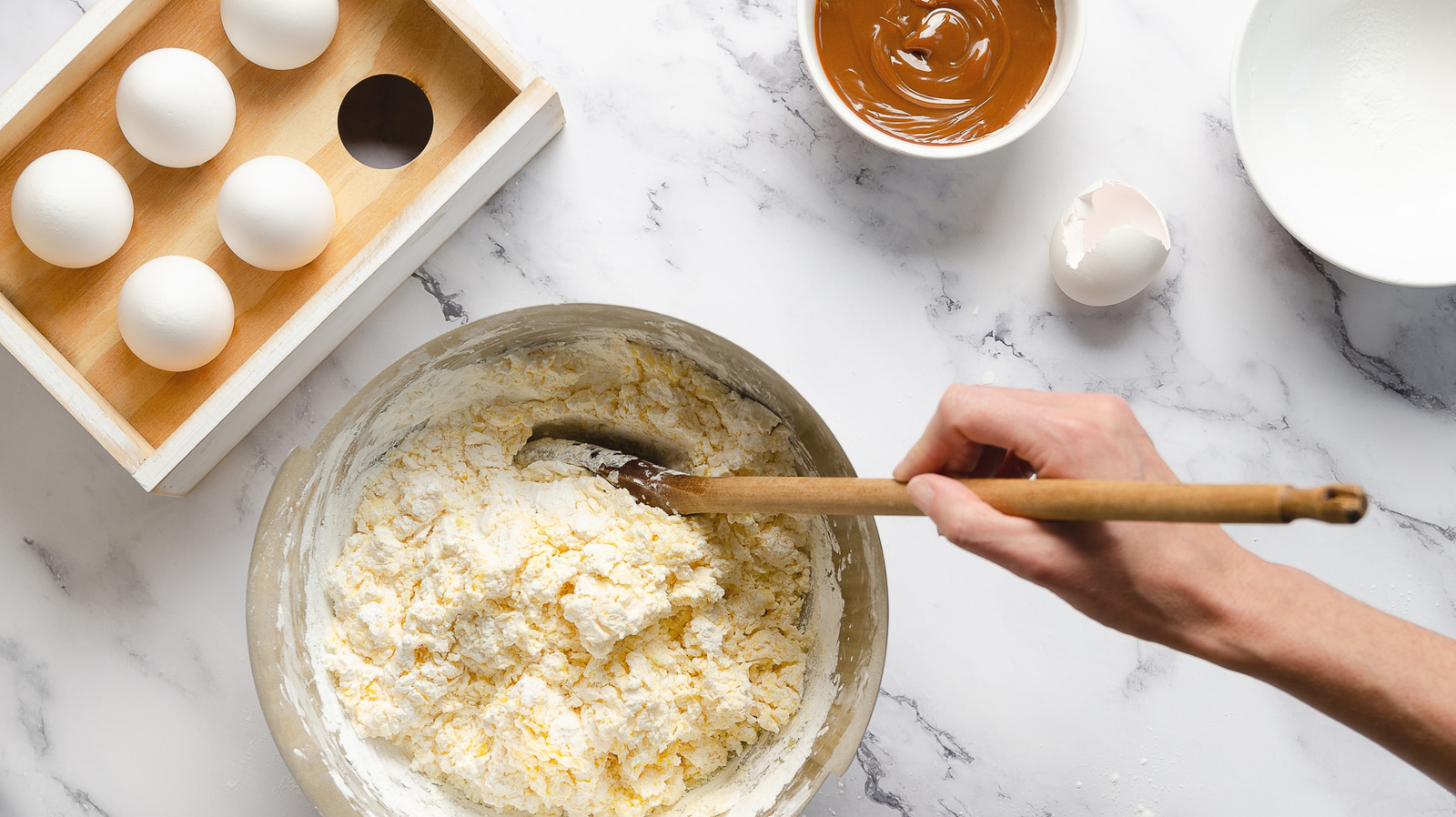
"If you've ever been preparing to bake a decadent chocolate cake or classic zucchini bread, only to discover the egg size listed on the recipe isn't specific, we feel your frustration. It can be overwhelming to see a variety of small, medium, large, extra large, and jumbo-sized eggs at the store, while the recipe vaguely lists "eggs." However, the good news is, in most cases you can pick up a carton of large eggs for the job."
"If you're still tempted to swap small eggs for the large eggs listed (or implied) in a recipe, think twice before proceeding. Perhaps contrary to popular belief, eggs are not measured and weighed individually before packaging them. Instead, the USDA determines egg size according to the weight of a carton of a dozen eggs. With this in mind, since a carton of large eggs is equivalent to 24 ounces, an egg that qualifies as "large" should weigh"
Most baking recipes assume the use of large eggs, so substituting smaller or larger eggs can change results. Eggs provide hydration, binding, and aeration in batters and doughs, and insufficient egg volume can make cookies dry or cause cake batters to deflate, especially at high altitude where extra moisture supports rise and fine crumb. Oversized eggs can produce an overly eggy, spongy texture. When unsure, select large eggs because they are the common standard among bakers and recipes. The USDA classifies egg sizes based on the weight of a dozen in the carton, with a carton of large eggs equal to 24 ounces.
Read at Tasting Table
Unable to calculate read time
Collection
[
|
...
]